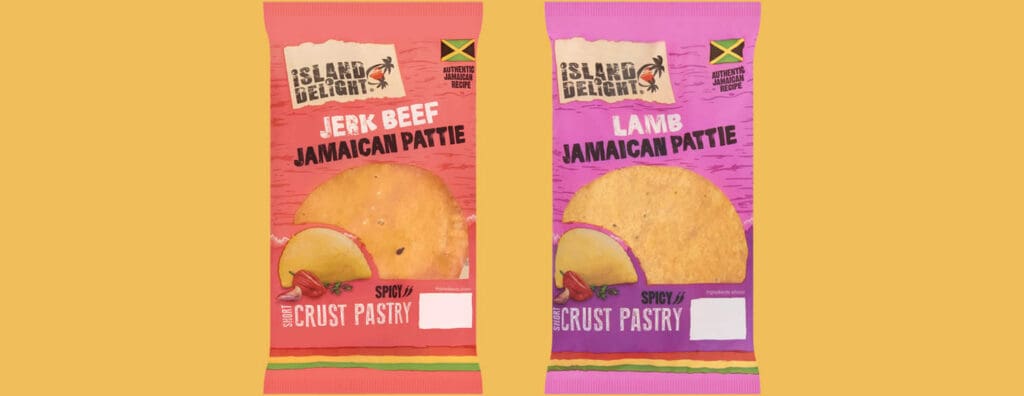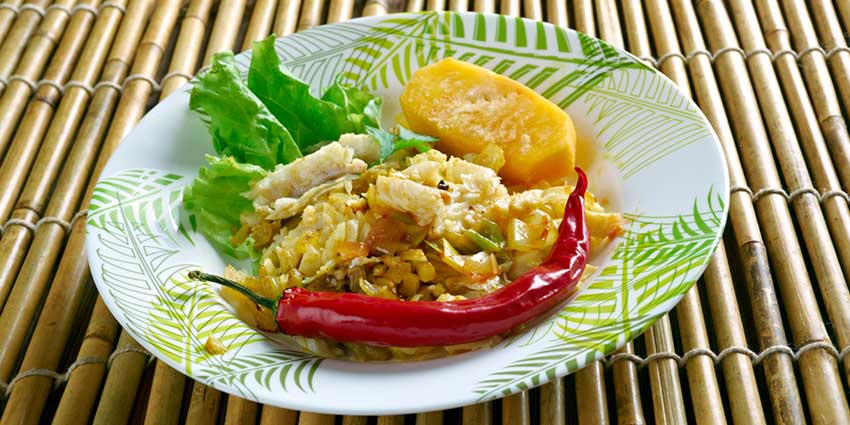Wade Lyn who came to Birmingham from the Caribbean as a boy and has built a successful food business has recently been appointed as a Business Ambassador by Prince Charles. He is on an entrepreneurial journey that began on a garage forecourt selling petrol at 18p a gallon.
WADE Lyn’s first memory of business was selling petrol from his mum and dad’s garage for 18p a gallon.
“You could get five gallons of petrol (22 litres) for a £1,” said the founder of Cleone Foods, the UK’s largest producer of Caribbean style patties and slices.
Wade came to Birmingham from his native Jamaica with his family in the 1960s and was initially destined for the classroom after qualifying as a teacher but by chance fell into a job with a company in Wolverhampton making patties.
After three years, Wade decided that he could do better and took the step that was to change his life and set up his own business.
“The problem with the company that I had been working for was the packaging – there was no recognisable brand,” said Wade.
“It was clear to me that what was needed was some branded packaging that customers would come to recognise and demand.”
It was then that Cleone Foods and the brand ‘Island delight’ was born, starting from small premises in Alma Street in Birmingham with just five people and plenty of hope.
In those early days everything was small scale with 5,000 patties a week made and supplied to small shops in Birmingham and London. The business had initially been set up on a promise of some grant aid from the City Council to create inner city jobs but this was never forthcoming.
Five years later it became clear that the Alma Street factory did not comply with the latest food regulations and the only way forward was to move and that is when Cleone relocated to its current premises in Icknield Street on the edge of the Jewellery Quarter.
“We had grown and were producing up to 16,000 patties a week and had 16 staff so the relocation was well timed,” said Wade.
The last 16 years has seen near continuous growth and now Cleone has developed a range of different patties and slices with ‘Jerk Chicken’ being the most recent innovation.
Production has grown to more than 100,000 patties and slices each week and nearly 60 employees working for a company that has a turnover of more than £2 million.
Cleone supplies all of the main supermarket chains as well as other outlets throughout the UK. It has 60 per cent of the UK market for patties.
A small number of patties are being exported to Spain and the use of English, French, Arabic, Spanish and Greek on the packaging gives a clue to the company’s international ambitions.
Cleone has survived the economic downturn better than most but has not been completely unscathed with demand down about 15 per cent from its pre-recession peak.
Wade believes that the future growth will come from expanding demand for the Caribbean style recipes.
“Most of the people who buy our patties and slices are from the minority ethnic community and a key objective is to broaden the appeal so that people from the indigenous community enjoy our products.
“Whilst we sell to all the major supermarkets our products are generally stocked on the shelves of the outlets in areas where there are high minority ethnic populations and I want people to be able to buy our product from stores all over the country.”
For Wade, who earlier this year was appointed as a Business Ambassador by Prince Charles; there is a very clear set of personal characteristics that make for a successful entrepreneur.
“The willingness to work hard is a given but there are people in all walks of life who are committed and work hard but never make successful entrepreneurs.
“A willingness to take a chance and risk everything when you have spotted an opportunity is essential. It is important to have an optimistic outlook and retain self belief even when things get tough.
“I’ve been in business for more than 20 years and we have a successful company that has 60 per cent of the UK market in what we do. We have ambitious plans for the future both in the UK and overseas. But nothing is guaranteed and I still have those dark moments when I wake up at three o’clock in the morning.”
Wade, who is 51, believes that to run a successful business it is essential to build a good team of people and then leave them to get on with it.
“I can go away for several weeks at a time all over the world. My mobile phone goes with me and I tell my people to call me if the place burns down but otherwise I leave them to run the show,” he added.
But on another level he is very hands on and a feature of the business is its flat managerial structure and informality.
“We are all on first name terms and every day I will taste our food because it is the only way to make sure that our quality does not slip,” said Wade.
He has a very firm commitment to keeping business local and wherever possible his contractors are within walking distance of the factory.
Wade believes that the outlook for business remains tough and like many entrepreneurs he believes that the small recovery so far in 2010 remains very fragile.
In particular he wants to see the banks more willing to repay the tax payer bailout and show more enthusiasm for lending to business.
His confidence is reflected in an investment of several hundreds of thousands of pounds over recent years.
Wade believes that businesspeople should give something back to the community.
He is a mentor for other food businesses in the West Midlands and a member of the West Midlands Minority Ethnic Business Forum.
His work with communities and business has also resulted in his being nominated as a ‘local hero’ by the Association of Jamaica Nationals.














